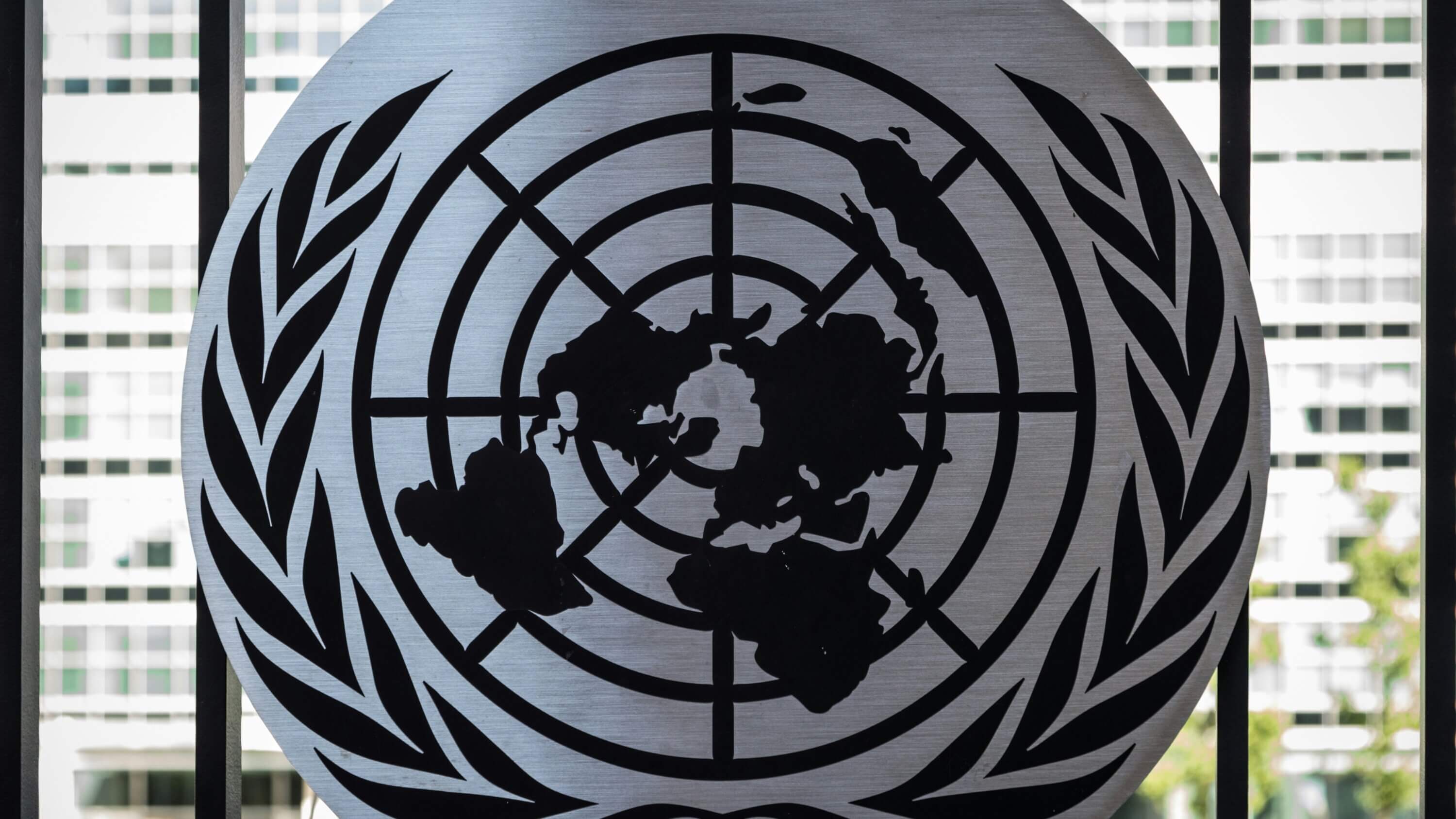
The Secretary-General’s Scientific Advisory Board (SAB) and its associated global network of scientific institutions are an essential forum for offering UN officials unbiased, fact-based counsel on cutting-edge scientific and technological developments.
The SAB aims to ensure that scientific developments are used to meet today’s global and complex issues, such as sustainable development, public health, and climate change. It provides UN organizations with the knowledge and skills necessary to effectively navigate a world that is changing quickly by addressing issues at the intersection of science, technology, ethics, governance, and sustainability.
As part of the SAB’s global network of scientific institutions, the International Science Council (ISC) contributes to the Board’s work by offering insights and sharing relevant scientific resources. This scientific network brings together a diverse range of perspectives, with an emphasis on ensuring representation from all regions, particularly developing countries.
The ISC has previously provided input to the SAB through both formal and informal channels. It has shared key ISC publications and facilitated horizon scanning exercises to help identify emerging future trends. Additionally, the ISC has supported collaboration between the SAB and the UN Group of Friends on Science for Action, for which it serves as a Secretariat alongside UNESCO. Through these efforts, the ISC contributes to strengthening the link between science and policy at the UN level.
On 12 September 2024, the SAB hosted its first retreat, bringing together Board members and its network of scientific institutions for a valuable in-person platform of open dialogue and collaboration. This marked a critical step in strengthening collaboration between science bodies and the UN to ensure that scientific evidence can be directly translated into policy action.
Representing the ISC at the retreat, CEO Salvatore Aricò highlighted several key points to further enhance the relationship between science and decision-making:
The ISC actively promotes the conditions for scientists and science to thrive—scientific integrity, freedom, responsibility, and open dialogue among scientists and stakeholders in the science ecosystem. It bridges scientific capacity between the global South and North while coordinating the global science agenda. The knowledge generated through these efforts and international collaborations can greatly benefit policy and society.
The ISC used the retreat as an opportunity to call on the United Nations Secretary-General to further engage the global scientific community in support of evidence-informed decision-making. In a world of complex and interconnected challenges, science provides the knowledge required to develop practical and sustainable solutions. Through its partnership with the SAB and its network, the ISC is committed to ensuring that science plays a central role in shaping policies for a more resilient and equitable future.
Image by Bernd 📷 Dittrich on Unsplash